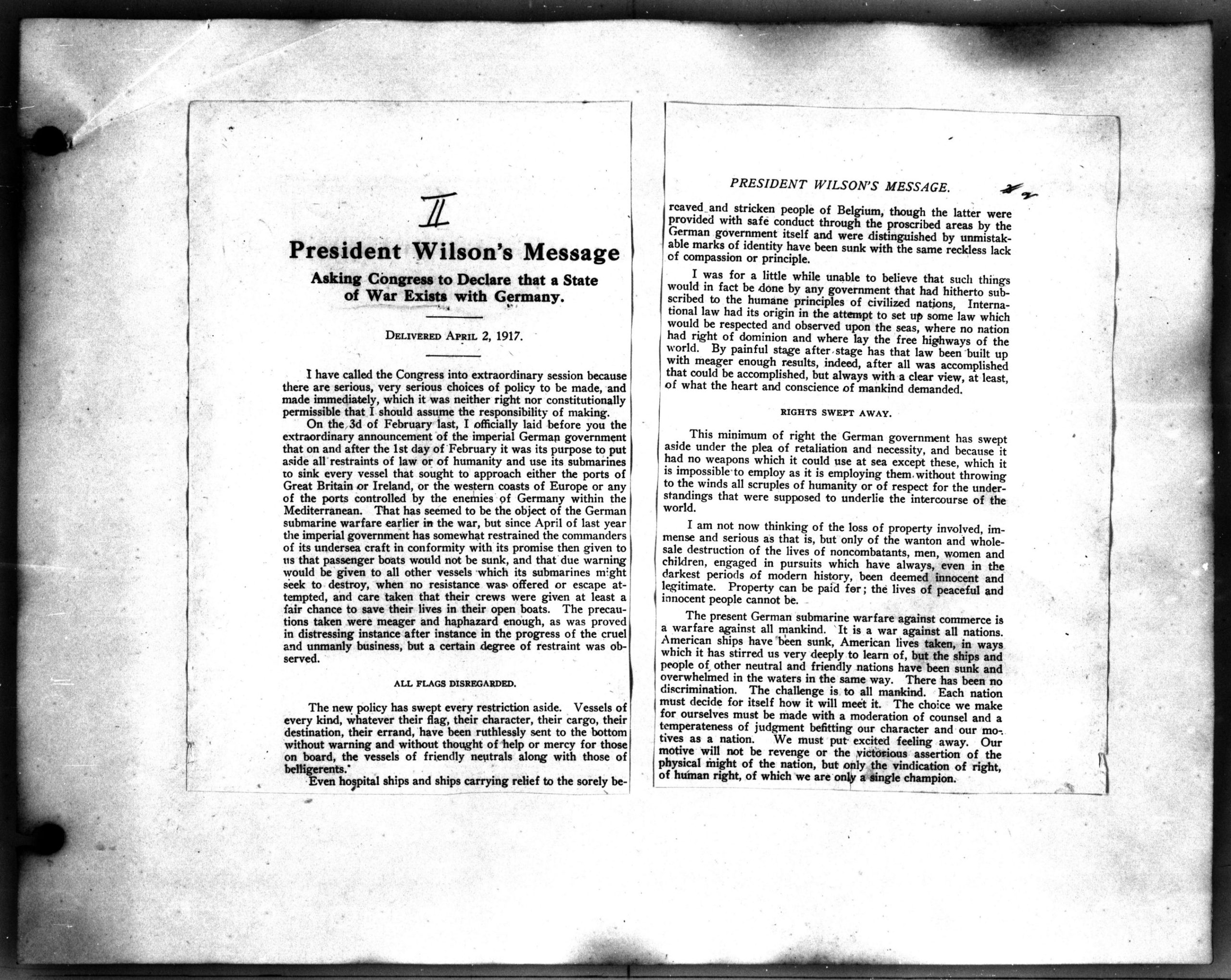
America Comes to the War, 1917
As many probably already know, 2017 is the 100th anniversary of the United States entering the Great War, later known as World War I. Our country was forever changed by the events of the Great War. Today’s social, cultural, economic, and political landscapes can be attributed in part to those events. Over the next year and a half, the Utah Division of Archives and Records Service will be highlighting record series related to the war to help us understand this period of time and the role local communities played in the larger conflict.
Today, April 6th, is the official anniversary of Congress’ announcement to enter the war.
This was a drastic change from the President’s plea for neutrality, made less than three years earlier. At the beginning of the war, Wilson urged Americans to remain neutral “during these days that are to try men’s souls,”1 and, while war raged in Europe, public opinion in our country was fractured. There were groups that sympathized with our European Allies and supported our entrance into the war. Other groups had family or friends still living in the countries under the rule of the Central Powers and wanted the United States to remain neutral. The isolationists, a third group, also felt that this conflict was not our business or our problem and that our country should not be involved at all.

145th Field Artillery scrapbook, Series 10339
Over the next three years, a number of factors contributed to Wilson’s change of mind. But America’s road to war is a topic so broad that historians have been writing books about it for decades. A select set of titles are offered below. All of these factors culminated in Wilson’s address to a Joint Session of Congress on April 2, 1917.
Wilson’s forceful words were a ringing endorsement of protecting not only our country, but others who had suffered for trying to remain neutral as well; he asserted that Germany’s current tactics were “a warfare against all mankind… a war against all nations.”2
[America’s previous stance of neutrality was] no longer reasonable or desirable where the peace of the world [was] involved and the freedom of its peoples, and the menace to that peace and freedom [lay] in the existence of autocratic governments backed by organized force…controlled wholly by their will, not by the will of their people.3
Yet Wilson’s call to action was also a call for caution and moderation. America’s “motive [would] not be revenge or the victorious assertion of the physical might of the nation, but only the vindication of right, or human right, of which we are only a single champion.”4
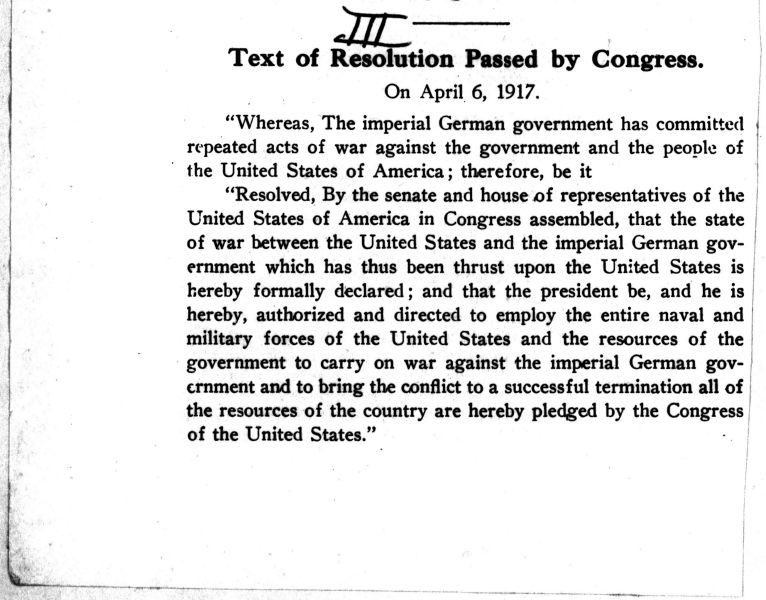
145th Field Artillery scrapbook, Series 10339
Wilson’s words led to days of discussion throughout our country. From conversations around home fires to conversations in Congress, Americans were deeply invested in the outcome. Newspapers ran story after story about the ongoing war, U.S. responsibilities, and the danger of Germany and her allies.
On April 6th, America officially entered the war as a result of votes in both the Senate and the House of Representatives. Their resolution committed “all of the resources of of the country” to bringing “the conflict to a successful termination.”5
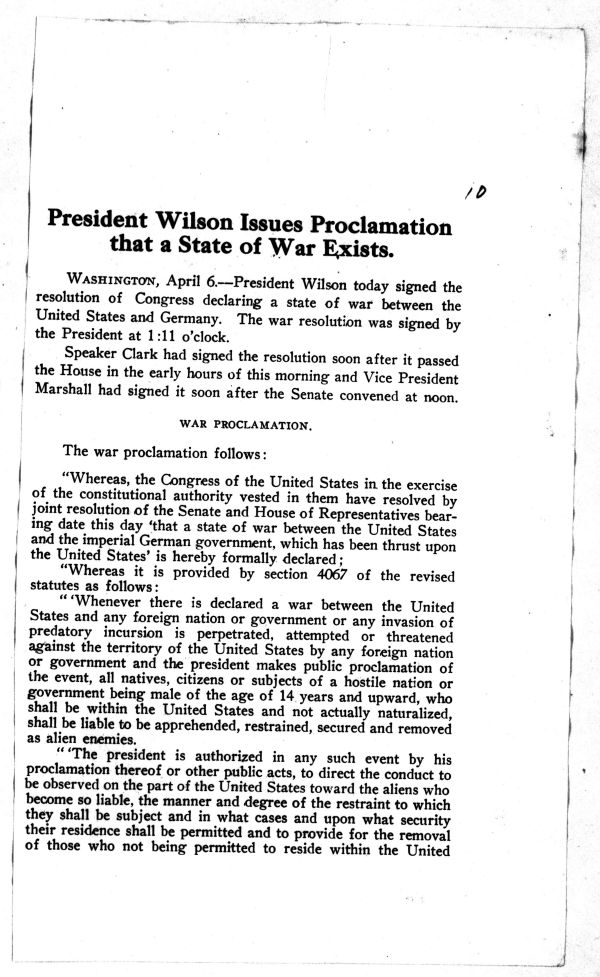
145th Field Artillery scrapbook, Series 10339
Wilson immediately signed the resolution and issued a War Proclamation later that same afternoon, which also identified “alien enemies” living within the United States, and outlined how they could expect to be treated.6
The events of April 6, 1917, still have an impact today. As we commemorate the various anniversaries, we hope to document and help facilitate better understanding of the role that Utahans played in the conflict and how the larger conflict affected Utah.
Upcoming posts will continue to highlight the images found in the 145th Field Artillery scrapbook, found in the State Archives’ permanent collection as we prepare it for online access through our Digital Archives.
You can learn more about World War I and the Centennial Commemoration events around the our country at the following links:
- U.S. Enters the War (National World War I Museum and Memorial, Kansas City, Missouri)
- World War I (A quick online summary by Mount Holyoke College)
- Centennial Commemoration (National World War I Museum and Memorial, Kansas City, Missouri)
- WWI Centennial Events (World War I Centennial Commission)
As noted above, here are a few books about the U.S.’s decision to enter the Great War:
- America 1914 – 1917 by Walter Millis (1935)
- America’s Entry Into World War I: Submarines, Sentiment, Or Security? by Herbert J. Bass (1964)
- Over Here: The First World War and American Society by David M. Kennedy (1980)
- Nothing Less Than War: A New History of America’s Entry into World War I (Studies In Conflict Diplomacy Peace) by Justus D. Doenecke (2011)
- The Zimmermann Telegram: Intelligence, Diplomacy, and America’s Entry into World War I by Thomas Boghardt (2012)
- America’s Greatest Blunder: The Fateful Decision to Enter World War One by Burton Yale Pines (2013)
- The United States in World War I: America’s Entry Ensures Victory by Jane H. Gould (2014)
Notes
- Woodrow Wilson: “Message on Neutrality,” August 19, 1914. Online by Gerhard Peters and John T. Woolley, The American Presidency Project.http://www.presidency.ucsb.edu/ws/?pid=65382.
- Utah National Guard, 145th Field Artillery scrapbook, 1917-1918, President Wilson’s Message Asking Congress to Declare that a State of War Exists with Germany, Utah State Archives and Records Service, Series 10339.
- Ibis.
- Ibis.
- Utah National Guard, 145th Field Artillery scrapbook, 1917-1918,Text or Resolution passed by Congress, Utah State Archives and Records Service, Series 10339.
- Utah National Guard, 145th Field Artillery scrapbook, 1917-1918, President Wilson Issues Proclamation that a State of War Exists, Utah State Archives and Records Service, Series 10339.
Sources
The American Presidency Project. “Woodrow Wilson: “Message on Neutrality,” August 19, 1914. Accessed March 31, 2017, at http://www.presidency.ucsb.edu/ws/?pid=65382.
National World War I Museum and Memorial. U.S. Enters the War. Accessed March 31, 2017, at https://www.theworldwar.org/us-enters-war.
Utah National Guard. 145th Field Artillery scrapbook, 1917-1918. Utah State Archives and Records Service. Series 10339.
Recent Posts
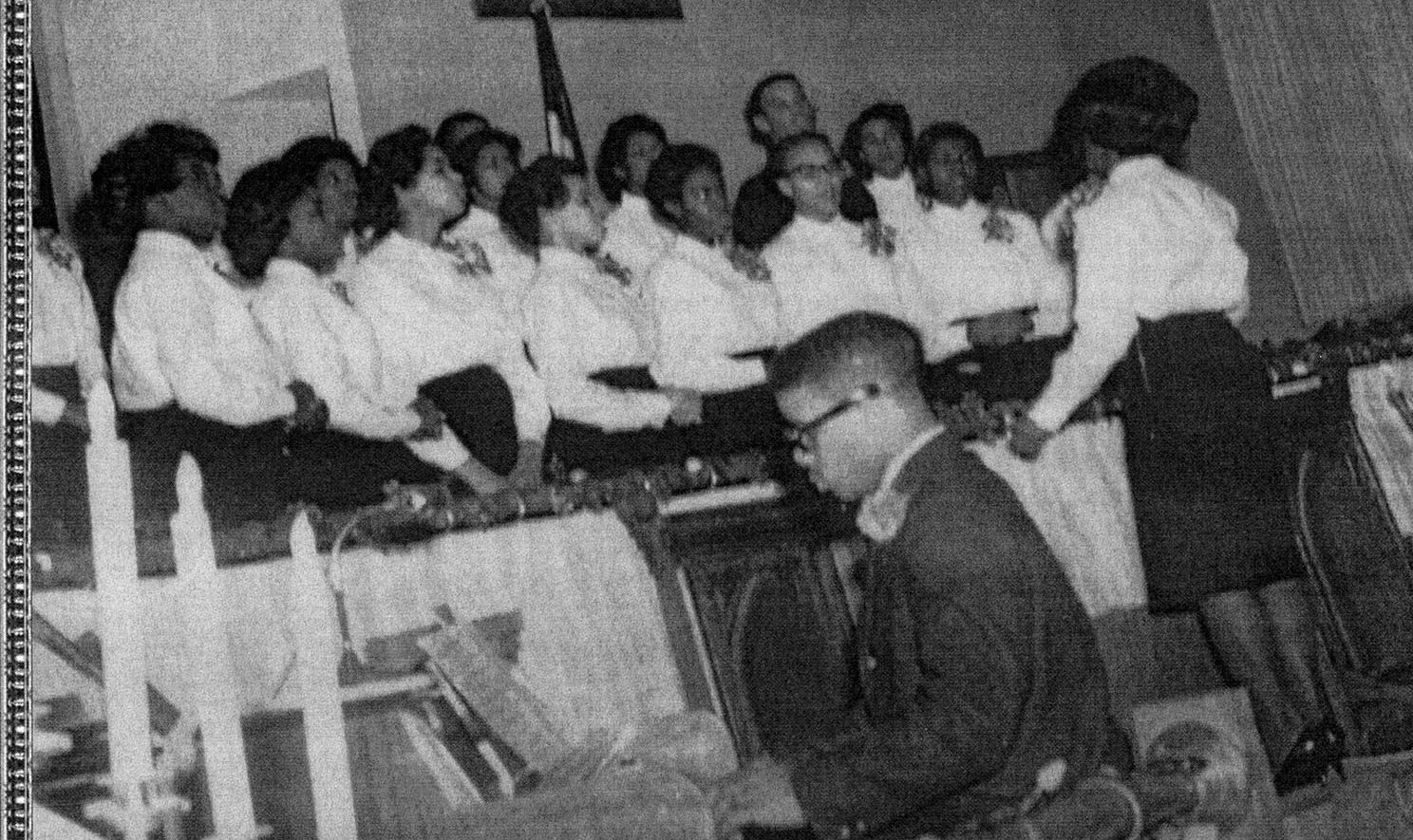
From Pews to Pixels: Weber State’s Stewart Library Digitizes New Zion Baptist Church’s Legacy
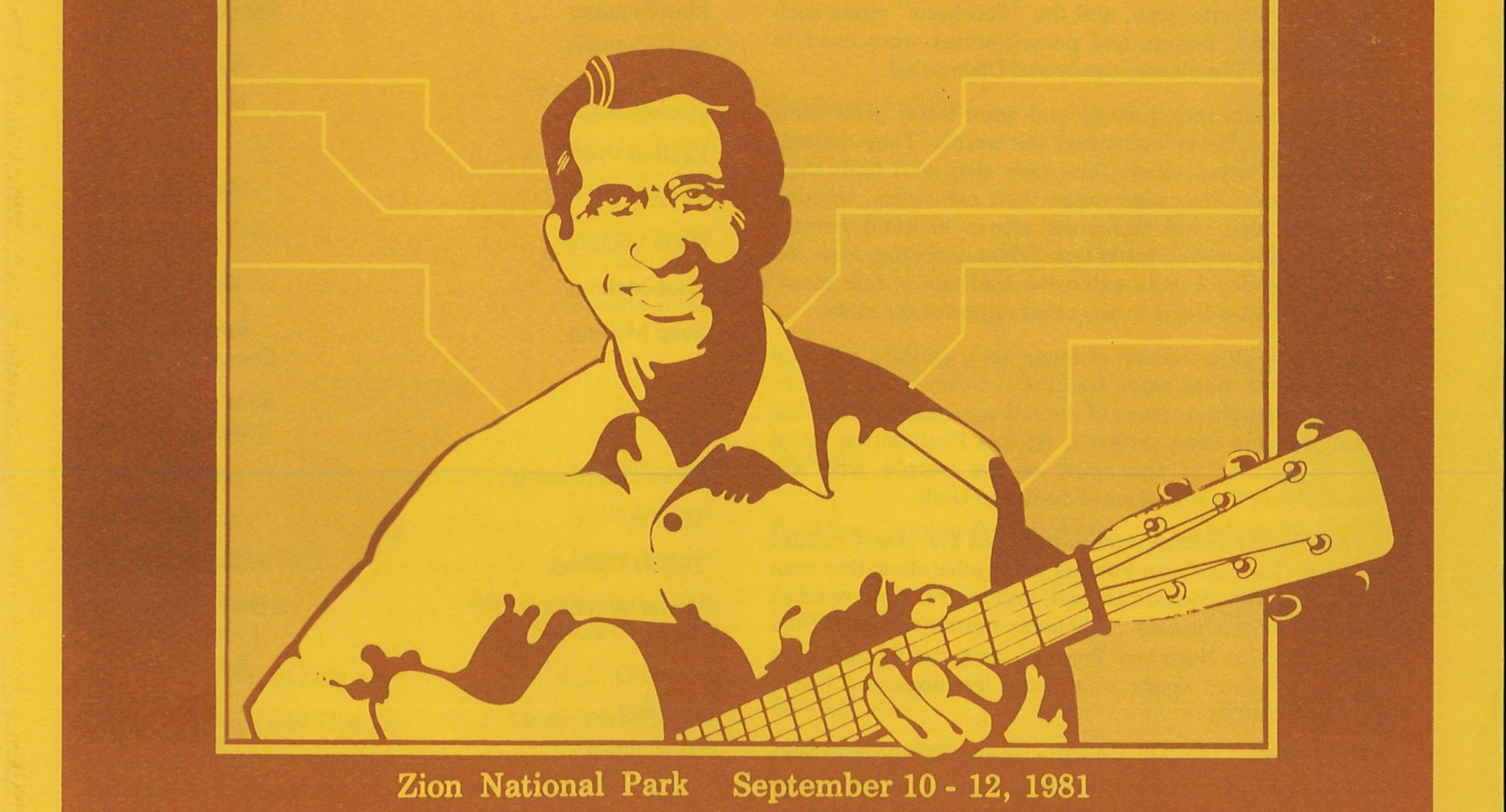
New Finding Aids at the Archives: March 2024
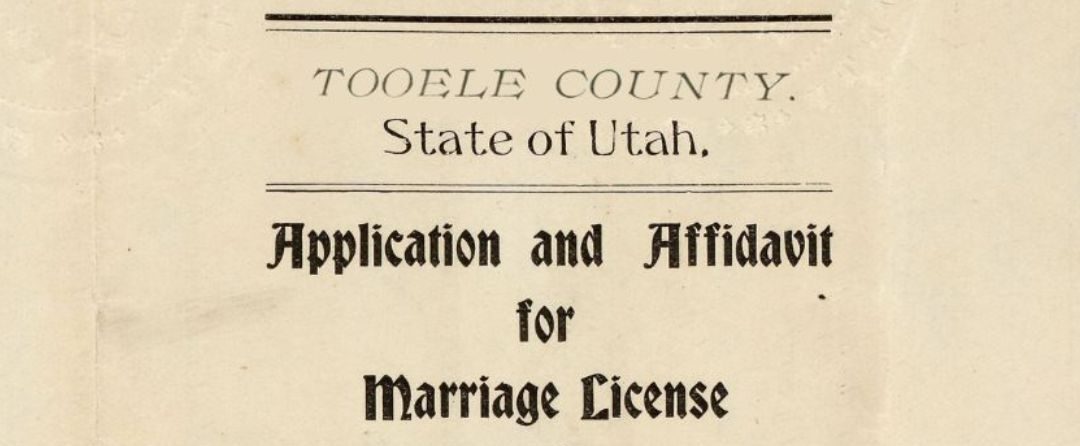
Sealing the Deal: Tooele County Clerk’s Office Unlocks the Vault with Historic Marriage Records

Summer 2024 Internships

Developing History: Park City Museum’s Snapshot into the Past
Authors
Categories
- Digital Archives/
- Electronic Records/
- Finding Aids/
- General Retention Schedules/
- GRAMA/
- Guidelines/
- History/
- Legislative Updates/
- News and Events/
- Open Government/
- Records Access/
- Records Management/
- Records Officer Spotlights/
- Research/
- Research Guides/
- State Records Committee/
- Training/
- Uncategorized/
- Utah State Historical Records Advisory Board/